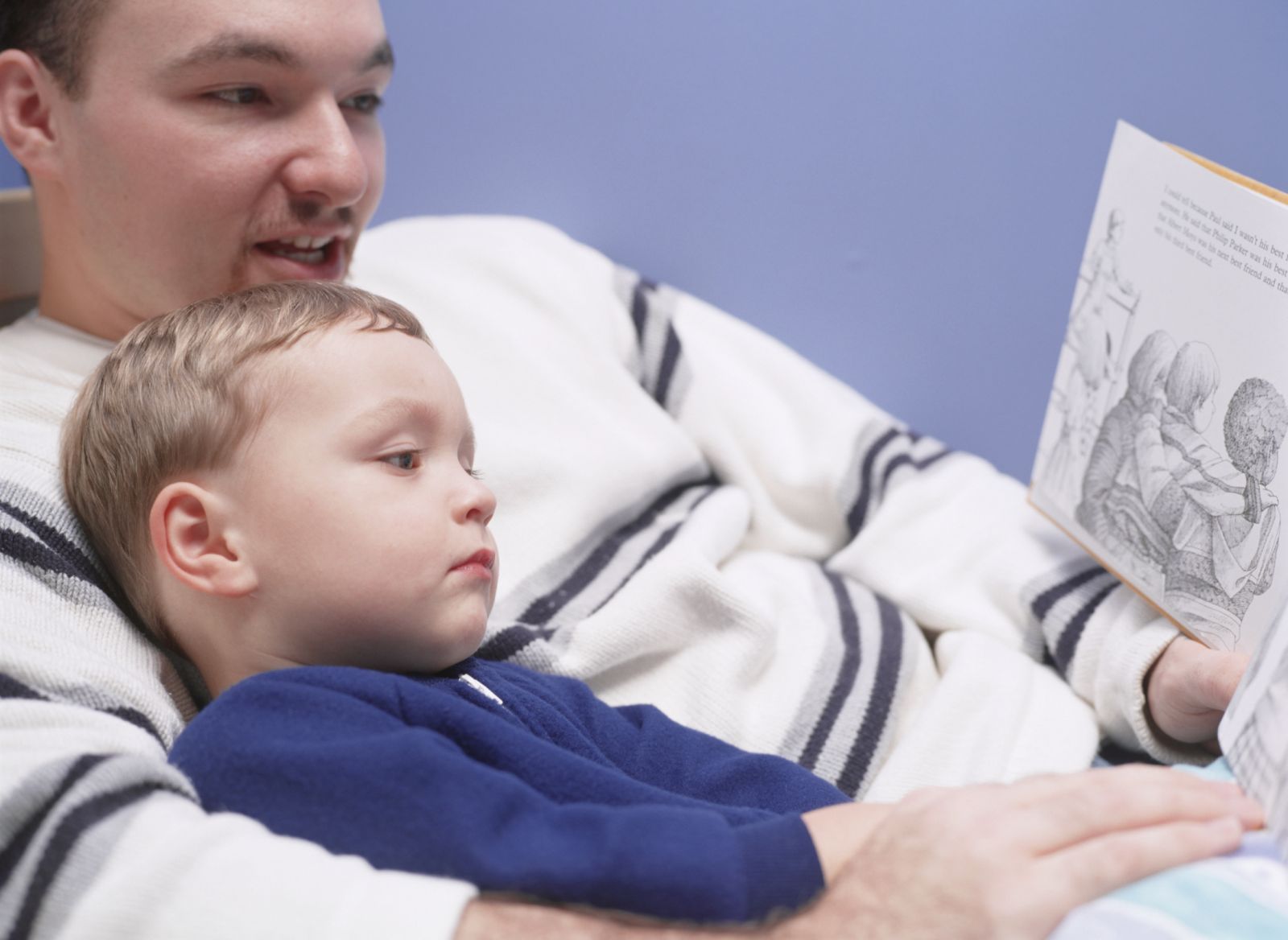Benefits of an Inclusive ECE
“Research demonstrates that participation of children with disabilities in regular early childhood settings with appropriate supports, accommodations and modifications results in improved outcomes for those children, and also provides benefits for their nondisabled peers.”
1. Families and children participate in, and contribute to, their communities.

All parents want their children to be accepted by their peers, have friends and lead "regular" lives with their family and friends in their local community. For a young child with a disability, this may mean going to the same preschool as other siblings or being invited to a best friend’s birthday party. Parents hope teachers, friends, and neighbors will look beyond a young child’s disability and see what they see: a little boy or girl with a bright smile, a favorite toy, or a new song to sing. Inclusive early childhood settings can make this vision a reality for children with disabilities, and their families.
Moreover, when families are actively engaged in their child’s learning, children are better prepared for school and achieve at higher levels. Increased participation by families in preschool programs has also been linked to greater academic motivation and stronger social and emotional skills among all young children, regardless of ethnic and socioeconomic background.
Guralnick et al, 1996; Henrich & Gadaire, 2008; Von Behren, 1999
A high school salutatorian, a young man with autism, thanks family, friends and teachers for his success in school.
Children who participate in an inclusive early childhood setting learn the basics of community living:
a) Everyone belongs in a community.
b) Helping others is a rewarding experience.
Young children develop self-esteem by learning to respect the differences and contributions of other individuals. One friend knows all the words to popular songs, another runs very fast, and a classmate already reads words in a book. Appreciation for the accomplishment of peers helps young children recognize their own abilities. “I can’t run fast, but I can paint great pictures of my dog!”
Acting as a helper or role model offers any child, with or without a disability, the chance to learn altruistic behavior and accept differences. More importantly, inclusive early childhood settings provide numerous opportunities for children to find similarities, and form bonds with one another, in daily interactions and learning experiences. They offer a chance to observe, and accept, that people are all different, yet our differences also make each of us unique and special. When children learn to appreciate diversity in their daily interactions with family members, peers, public school and early care and education providers, they can appreciate the similarities and differences in people they interact with in the “outside” world also.
Diamond, Hestenes, Carpenter & Innes, 1997; Diamond & Carpenter, 2000; Farazza & Odom, 1997; Peck et al, 1992
Resources
- Let's Play Together: Fostering Friendships Between Children with and Without Disabilities
3. Friendships develop among all children in and out of school, and are associated with important developmental outcomes and academic achievements.
Kyrill in the Kitchen - Part 1
Kyrill serves up snacks and beverages to his friends in the dramatic play area.
Colorado State Dept of Education, Results Matter Video Library
Children who are socially competent are more likely to be included in activities with friends. Social skills are an important foundation for forming and maintaining school friendships in early elementary grades and are related to school adjustment and academic gains. In addition, social competence is a predictor of later well-being and mental health.
Children with and without disabilities learn important lessons through their friendships:
- how to cope with challenges,
- find alternative paths to success,
- social and communication skills.
Buysse et al, 2008; Doctoroff, Greer & Arnold, 2006; Dodge et al, 2003; Kim et al, 2003; Ladd et al, 1999; Lalongo et al, 1998; Wolfberg et al, 1999
Resource
- Key findings regarding the benefits for all stakeholders -children, families and staff- of an inclusive early childhood education are summarized in Research Synthesis Points on Early Childhood Inclusion.
Inclusive early childhood settings help all young children develop readiness skills for reading, writing and mathematics. All children learn in a nurturing environment, incorporating the principles of universal design for learning that support each child’s pace and style of learning. When there is joint, and ongoing, planning, support and commitment among team members, all children can learn together.
Simply placing children with disabilities in the same environment with typical peers, however, does not produce positive outcomes.
“Depending on the individual needs and priorities of young children and families, implementation of inclusion involves a range of approaches in a variety of settings – from embedded, routines‐based teaching to more explicit interventions – to scaffold learning and participation for all children.” DEC/NAEYC, 2009, p.2
Professional development opportunities and support to acquire the knowledge, skills and attitudes to implement effective inclusive practices should be available to parents, early care and education personnel, and early intervention, special education, related service providers, and administrators. In addition, specialized intervention must be embedded, when needed, within the education curriculum and daily activities for specific children..
Buysse et al, 1996; Carta, Schwartz, Atwater & McConnell, 1991;Hadadian & Hargrove 2001; Odom, Schwartz & ECRII Investigators, 2001;Rafferty, Boettcher, & Griffin, 2001; Wesely, Buysse, & Tyndall, 1997


